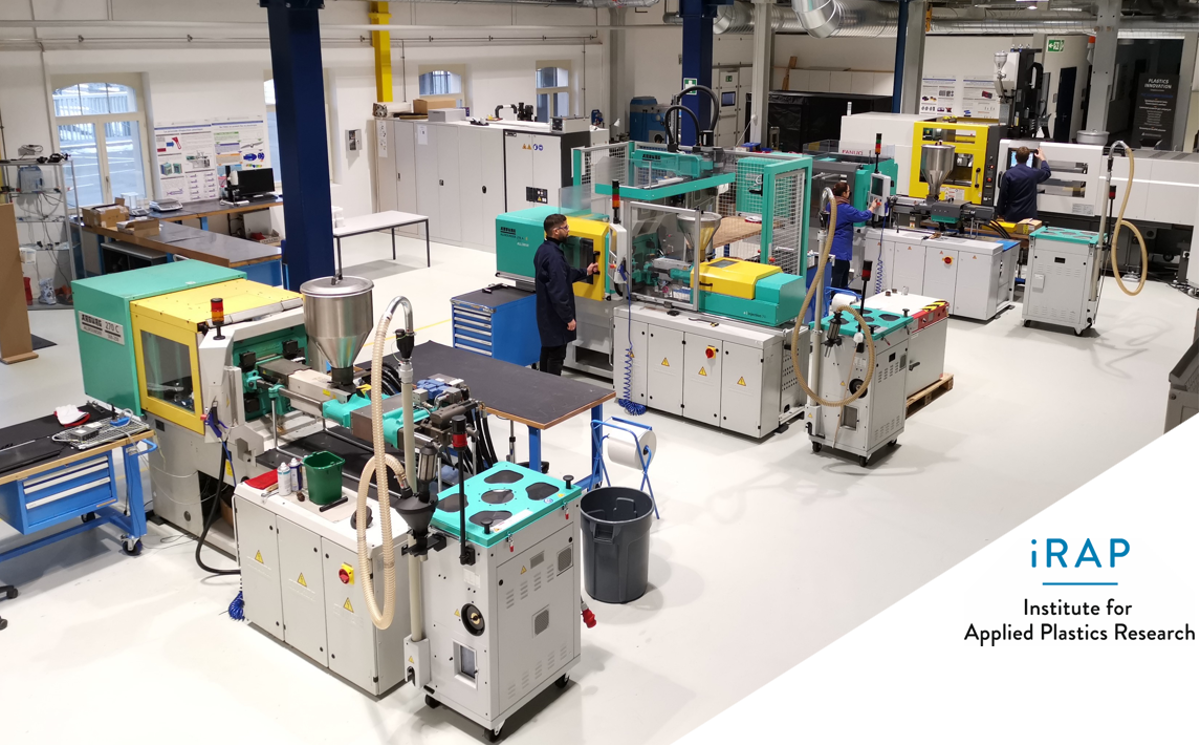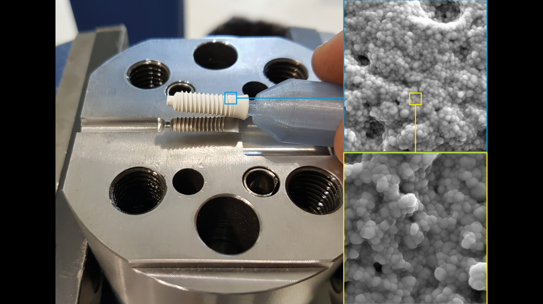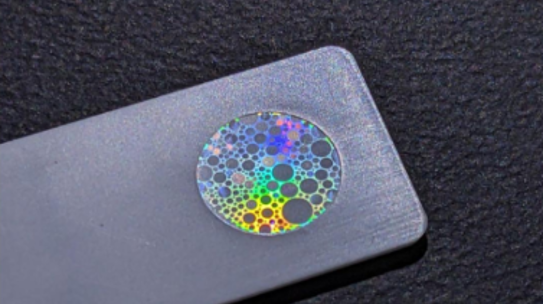- Research Projects : /en/applied-research/institutes/irap/research-projects/
- Infrastructure : /en/applied-research/institutes/irap/infrastructure/
- Team : /en/applied-research/institutes/irap/team/
- Agenda : /en/applied-research/institutes/irap/agenda/
- News : /en/applied-research/institutes/irap/news/
- Education : /en/applied-research/institutes/irap/education/
- Contact and acces : /en/applied-research/institutes/irap/contact-and-acces/
- Research Projects : /en/applied-research/institutes/irap/research-projects/
- Infrastructure : /en/applied-research/institutes/irap/infrastructure/
- Team : /en/applied-research/institutes/irap/team/
- Agenda : /en/applied-research/institutes/irap/agenda/
- News : /en/applied-research/institutes/irap/news/
- Education : /en/applied-research/institutes/irap/education/
- Contact and acces : /en/applied-research/institutes/irap/contact-and-acces/
iRAP

From materials to polymer applications
The iRAP institute addresses scientific and technical challenges in the field of plastics processing. With advanced expertise in materials, application development and product lifecycle assessment, iRAP is able to deliver efficient solutions to specific industry demands.
High-level expertise in plastics processing
Specialized training
Collaboration opportunities
Research focus areas
The iRAP institute has advanced expertise in four strategic research areas.
Plastic and ceramic injection molding (CIM)
- Design and development of injected plastic and ceramic products and their molds
- Rheological and mechanical simulation
- Prototyping on injection machines
- CIM sintering and debinding
- Injection of polymer bonded magnets
Extrusion and compounding processes, material characterization, sustainability
- Development of high value compounds
- Piloting and scaling up of extrusion and compounding processes
- Characterization and testing of materials in the laboratory
- Cradle-2-Cradle concepts and implementation
Surface technologies and nanotechnologies
- Surface functionalization with atmospheric plasma
- Coatings
- Nanomechanical analysis
- Surface texturing and tribology in the field of plastics processing
Composite and lightweight structure design
- Design and development of products for lightweight structures
- Industrialization and recycling of composites based on continuous fibers
- Mechanical simulation
- Prototyping
Our services
iRAP provides a range of R&D services in the field of plastics processing.
Collaboration
Industry partners who choose to work with iRAP can benefit from project co-funding by the Swiss Confederation (through Innosuisse, the Swiss Innovation Agency), the Cantons (as part of its New Regional Policy, “NPR”), and the European Union R&D Framework Program. iRAP also offers collaboration in the form of services (mandate).
Depending on the nature of the project, iRAP has the capacity to combined knowledge and expertise from the other HEIA-FR institutes and competence centers such as ChemTech (polymer chemistry), iPrint (digital printing) or iCoSys (data analytics). That enables iRAP to offer complete and pragmatic industrial solutions.
Facilities
The iRAP institute is equipped with state-of-the-art devices. Its team consists of ten engineers, all of whom are experts in their respective fields.
News
Agenda
No events


